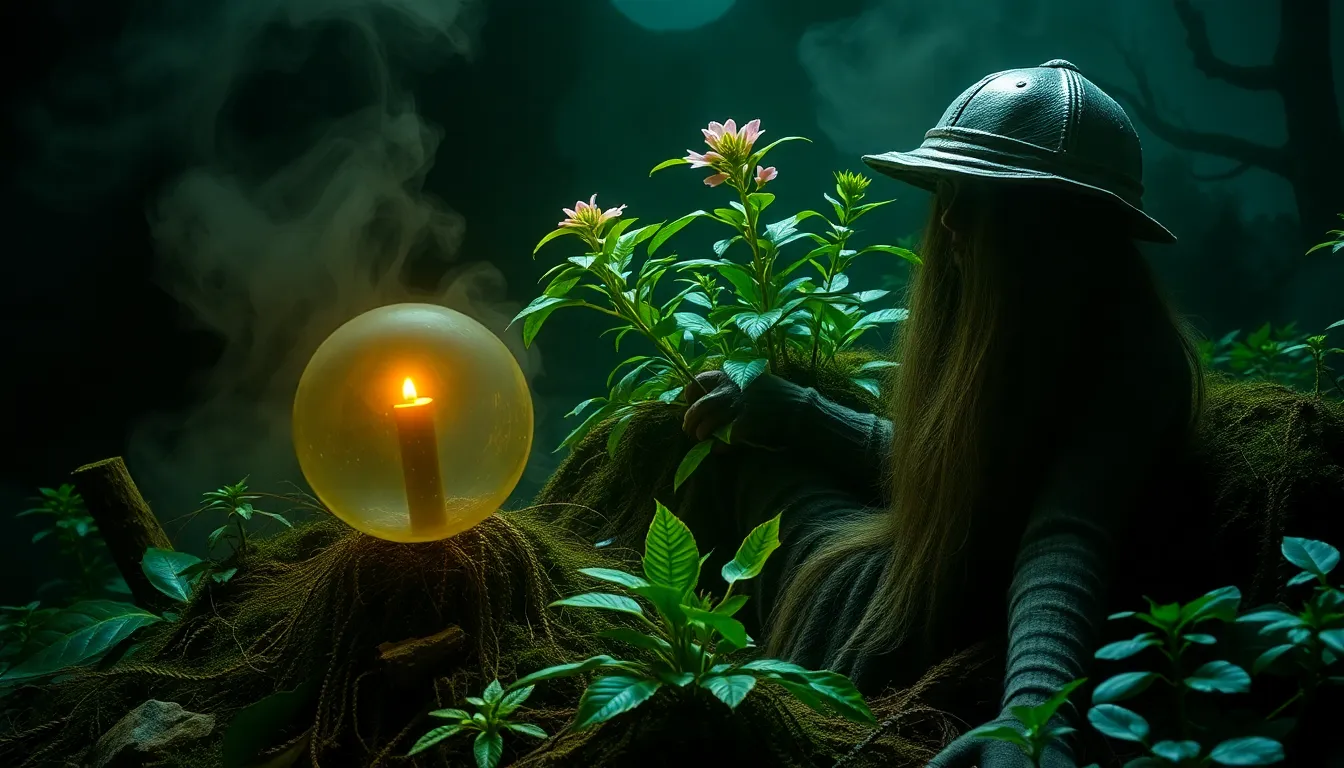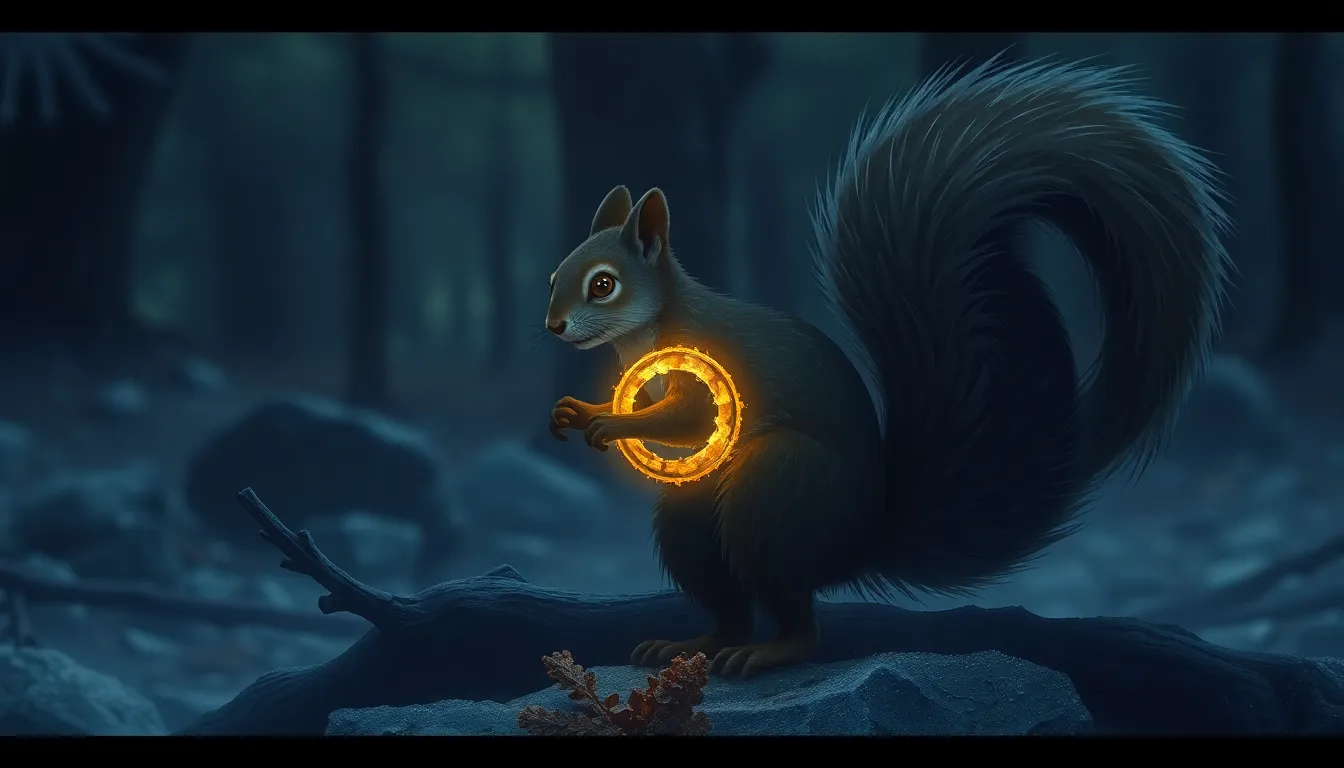The Myth of the Plant Whisperer: Do They Really Exist?
1. Introduction: Defining the Plant Whisperer
The term “plant whisperer” evokes images of individuals who possess an almost magical ability to communicate with plants, nurturing them to thrive in ways that others cannot. This cultural fascination with the idea of plant communication has led to a plethora of anecdotes, books, and even social media content dedicated to the notion that some people can understand the needs of plants on a deeper level.
But what does it truly mean to be a plant whisperer? Is it a skill that can be acquired, or is it merely a romanticized concept? This article delves into the origins, scientific perspectives, and cultural significance of the idea of plant whisperers.
2. Historical Context: The Roots of Plant Communication Beliefs
Throughout history, various cultures have held beliefs regarding the communication between humans and plants. Ancient civilizations often revered plants, attributing them with spiritual significance and believing that they could convey messages or respond to human emotions.
- Ancient Egypt: Egyptians worshipped various plants, believing they were imbued with divine qualities.
- Indigenous Practices: Many indigenous cultures have long traditions of honoring plants, often viewing them as sentient beings that require respect and care.
- Notable Figures: Historical figures like Sir Francis Bacon and even early botanists have suggested that plants could interact with their environment in ways that hint at communication.
3. The Science Behind Plant Behavior and Communication
Modern science has revealed that while plants do not communicate in the same way animals do, they possess remarkable abilities to interact with their environment. Plants can respond to various stimuli, including light, water, and even the presence of other organisms.
- Chemical Signaling: Plants release volatile organic compounds (VOCs) that can attract pollinators or repel herbivores. This chemical signaling is a form of communication crucial for survival.
- Root Communication: Recent studies have shown that plants can communicate through their root systems, sharing nutrients and information about environmental conditions.
4. The Psychology of Plant Care: Are Some People More Attuned?
Gardening and plant care can have profound psychological effects on individuals. Some people claim to have a special connection with their plants, often attributing their success to this bond.
- Mindfulness and Presence: Engaging with plants requires a level of mindfulness, which can lead to a deeper understanding of their needs.
- Case Studies: Numerous anecdotes exist of individuals who believe they possess an innate ability to “talk” to their plants, often reporting enhanced growth and vitality in their greenery.
5. Debunking the Myth: Scientific Studies on Plant Communication
Despite the romantic notion of plant whisperers, scientific research has largely debunked the idea that plants can communicate in a manner similar to human interaction. Studies investigating plant communication reveal the complexities of their interactions but do not support the existence of a mystical connection.
- Key Research: Various studies have focused on how plants respond to their environment, but findings often highlight biochemical and physical responses rather than emotional or communicative exchanges.
- Implications: The implications of this research suggest that while plants exhibit sophisticated behaviors, the concept of a plant whisperer remains largely symbolic.
6. The Role of Intuition and Experience in Successful Plant Care
Many successful gardeners and plant caretakers rely on intuition and experience, which can sometimes be mistaken for a mystical connection. The ability to observe subtle changes in plants often comes from years of practice and a deep understanding of horticulture.
- Experience: Knowledge gained through experience allows individuals to identify signs of distress in plants more accurately.
- Observation: Regular observation of plants’ needs—such as watering, light conditions, and pest management—can lead to thriving plants and a more fulfilling gardening experience.
7. Cultural Perspectives: How Different Societies View Plant Communication
The belief in the ability to communicate with plants varies widely across cultures. Some societies embrace this concept as part of their traditions and spiritual practices, while others view it through a scientific lens.
- Folklore: Various cultures have rich folklore surrounding plants, attributing them with healing properties and spiritual significance.
- Traditional Practices: Practices like shamanism often involve communicating with nature, including plants, for guidance and healing.
8. The Benefits of Connecting with Plants: Beyond Communication
Regardless of the existence of plant whisperers, spending time with plants has numerous psychological and emotional benefits. Engaging with nature can enhance well-being and foster a sense of peace.
- Stress Reduction: Interacting with plants has been shown to reduce stress and anxiety levels.
- Emotional Connection: Caring for plants can foster a sense of responsibility and purpose, contributing to emotional fulfillment.
9. Conclusion: The Truth About Plant Whisperers
In conclusion, while the idea of plant whisperers captivates our imagination, scientific evidence suggests that this phenomenon may be more about intuition, experience, and cultural beliefs than any mystical ability to communicate with plants. The insights gathered throughout this article highlight the importance of understanding plant care through observation and knowledge.
Ultimately, fostering a connection with plants can yield significant benefits, enhancing our emotional well-being and deepening our appreciation for the natural world.
10. Further Reading and Resources for Plant Enthusiasts
For those interested in exploring more about plant care and the intriguing relationship between humans and plants, here are some recommended resources:
- Books:
- The Hidden Life of Trees by Peter Wohlleben
- Plant Communication from an Ecological Perspective by S. B. H. P. V. G. P. P. Van A. M. A. S. V. P. H. P. N. A. W. C. B. C.
- Articles:
- Research studies on plant signaling and communication
- Psychological benefits of gardening
- Documentaries:
- Fantastic Fungi
- The Secret Life of Plants



